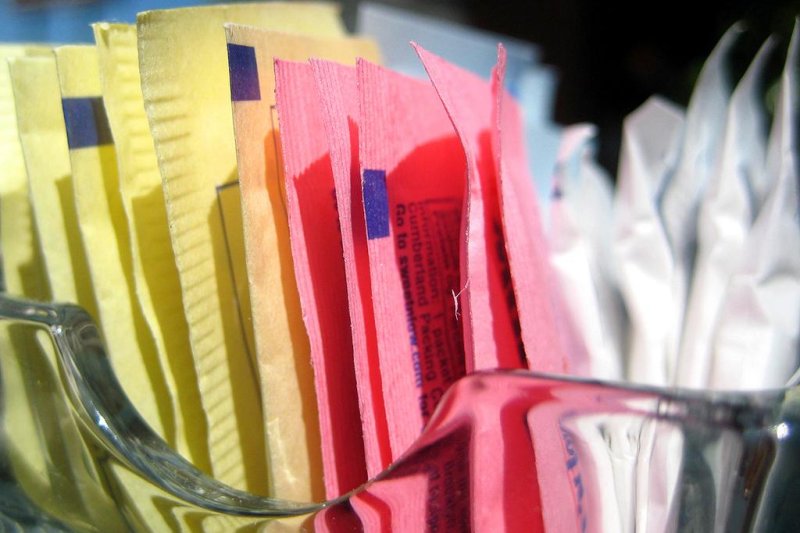WASHINGTON, Oct. 24 (UPI) -- Compared to adults, children were found in a recent study to have twice the blood concentrations of artificial sweeteners after drinking a can of diet soda.
The study was conducted by researchers at the National Institute of Diabetes, Digestive and Kidney Disease at the National Institutes of Health. The team assessed how children and adults absorb the sweeteners into the blood stream, and found the chemicals sucralose and acesulfame-potassium at a higher rate in younger participants. The findings were published in the journal Toxicological & Environmental Chemistry.















